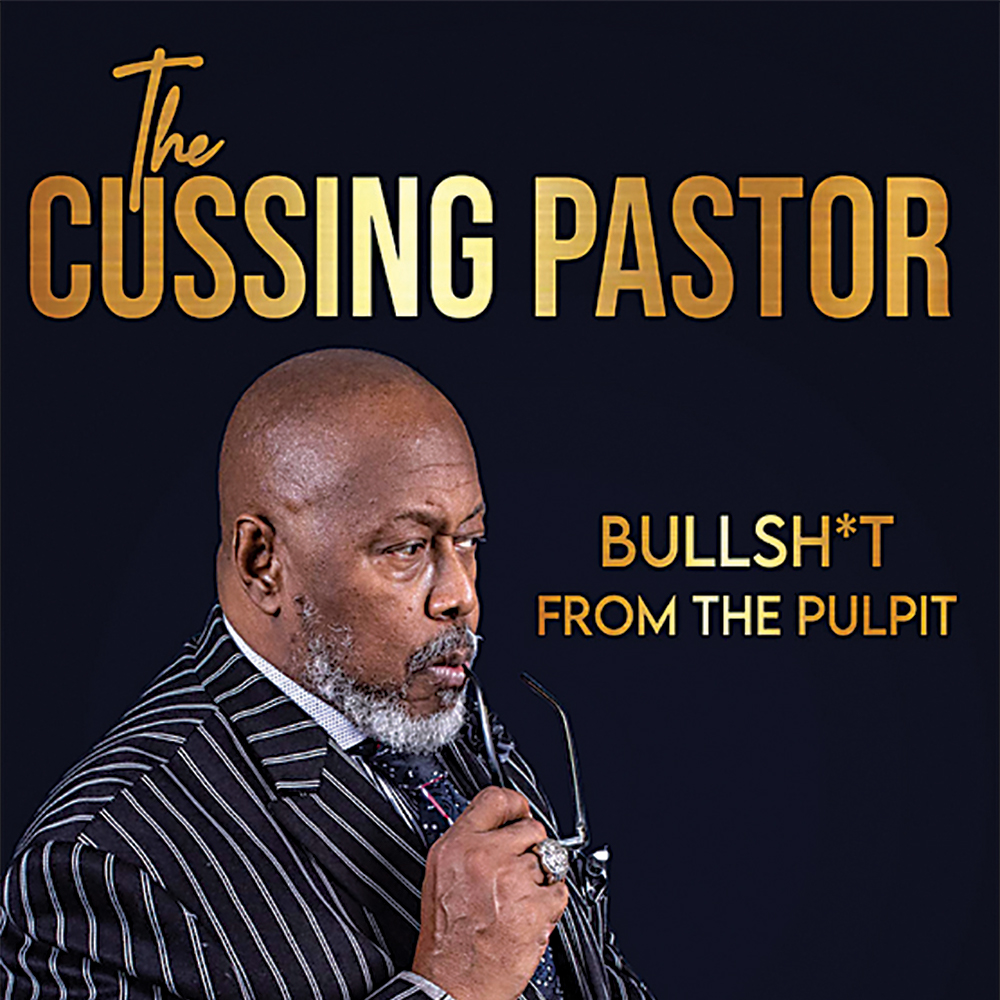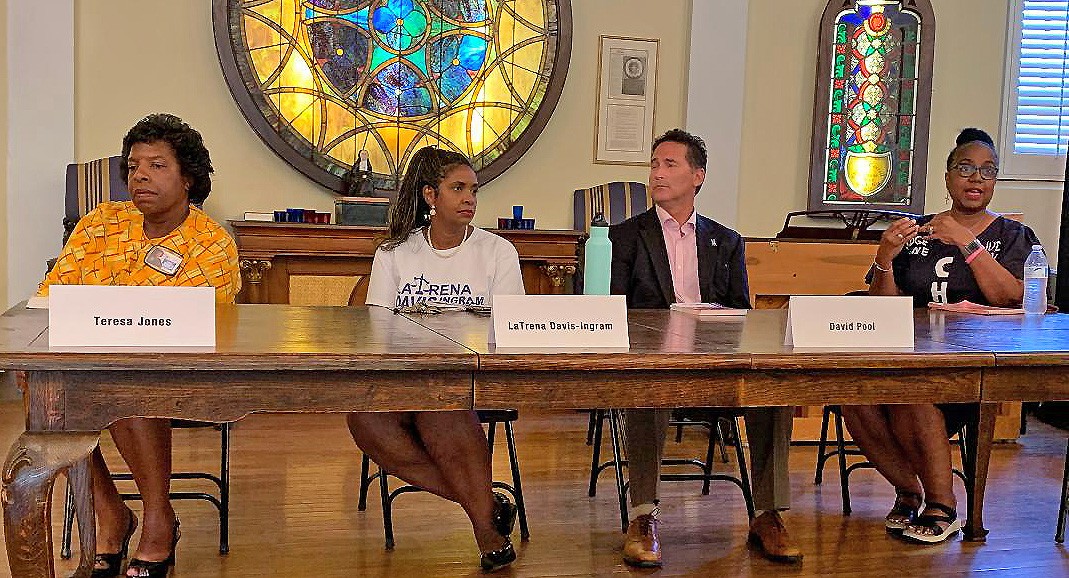A phrase that has attached itself to presidential election years, especially between well-matched candidates struggling to get in the last and best word to the electorate, is “October Surprise.” That’s the name given to an unexpected event that sometimes occurs and sometimes doesn’t, but is always feared by each of the rival candidates.
The October Surprise, so called because it occurs just before the final vote takes place in early November, is sometimes carefully hatched by one of the candidates and sprung against the other. Sometimes it occurs all by itself, without any obvious prompting or advance management.
The late announcement in 2016 by FBI director James Comey that his agency was reopening its investigation of Democratic candidate Hillary Clinton’s emails was an October Surprise. So was Hurricane Sandy in 2012. The one circumstance benefited Donald Trump, the other Barack Obama, the then-president whose emergency efforts were enabled thereby to come to the fore.
In the case of this week’s county election, one could speak of both a late July Surprise or an early August Surprise — both affecting the crucial and hard-fought race for district attorney general. The first was the brutal hijacking murder a week before last of beloved local pastor Autura Eason-Williams. The second was a controversy over the call-in appearance by incumbent GOP DA Amy Weirich, via Facebook and YouTube, on the talk show of “shock jock” Thaddeus Matthews.
The murder, committed by a 15-year-old who had been the beneficiary of a restorative-justice program, fed directly and unexpectedly into the ongoing debate between Weirich and Democratic opponent Steve Mulroy over the pros and cons of transferring violent youthful offenders to adult criminal court. An issue that had been discussed in statistical, largely hypothetical terms — with Weirich taking the hard line and Mulroy a reformist view — suddenly became very real and very concrete. It is fair to say that determining the right legal response proved a difficult task not only for the two candidates but for members of the deceased’s family and for on-the-fence voters as well.
Was Weirich’s discussion of the state’s new truth-in-sentencing law with Matthews, who is the subject of ongoing prosecutions by her office, as seen both on Facebook and on YouTube, an open-and-shut case of conflict of interest, as charged by Mulroy? Or, was it, as Matthews maintains, a simple matter of venting an informed view on a matter of public interest?
One thing is certain: Both of these circumstances could have had a seismic effect, whether small or large, and in whatever direction, on the outcome of a race which, in the well-established jargon of pol-watching, had been too close to call.
• One of the most unusual — and in many ways most endearing — endorsements administered during the run-up to the August 4th election occurred at a fundraiser back in July on behalf of David Pool, a judicial magistrate seeking to become the judge of Criminal Court, Division 6, otherwise known as felony drug court.
Before an audience including at least a score of other candidates for various offices at the East Memphis home of Dr. Kishore Arcot, Pool was steadfastly making his case. “What do you want in a Criminal Court judge?” he asked his audience rhetorically, then began dutifully listening to some of the likely answers to such a question: experience, dedication, knowledge of the law, etc., etc. Until he was stopped cold by an outburst from one of the several rows of listeners seated nearby.
“Cute!” came a loud and enthusiastic voice. “Cute!” the voice repeated. “That’s what we want!” As the stunned audience beamed in surprise, the even more surprised Pool, a performing musician in his spare time, bounded over to where fellow lawyer and supporter Ellen Fite was sitting and gave her an appreciative hug. Then, he walked back to where he’d been talking and there, sober as a judge, resumed his remarks and his recitation of judicial attributes, to the group at large.

 Jackson Baker
Jackson Baker  Jackson Baker
Jackson Baker  JB
JB  Jackson Baker
Jackson Baker